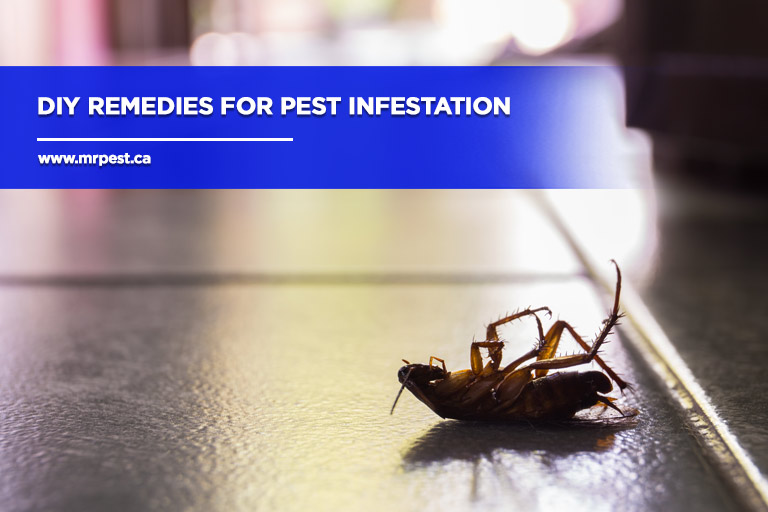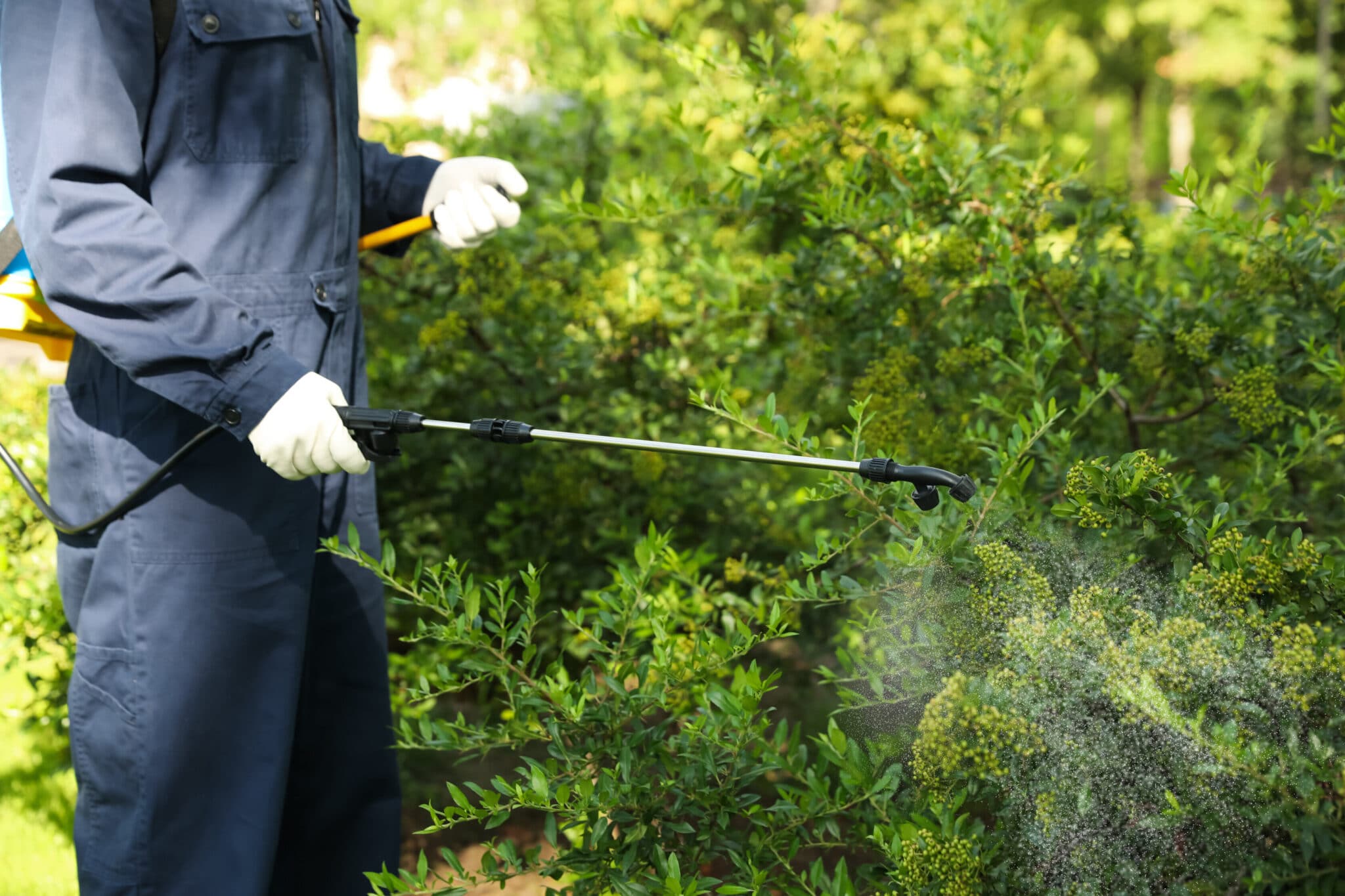Safe and Reliable Bug Control for Lasting Protection
The relevance of reputable and secure insect control can not be overemphasized, especially in a period where environmental worries are paramount. Efficient parasite management needs a multifaceted method that stabilizes ecological stability with the demand for effective parasite suppression. By checking out eco-friendly services and incorporated parasite management methods, home owners can achieve enduring defense versus invasive species while protecting valuable communities. The nuances of these techniques might not be quickly clear, motivating a closer examination of the practices that can lead to sustainable pest control results. What actions can be required to make certain both safety and effectiveness in parasite monitoring?
Comprehending Parasite Control Approaches
Pest control encompasses a selection of techniques intended at managing and eliminating unwanted bugs and rodents that can threaten both wellness and home. Understanding these approaches is critical for efficient pest monitoring.
The main categories of parasite control techniques consist of mechanical, organic, and chemical methods. Mechanical approaches include physical obstacles and traps to prevent bug entry and capture undesirable types. For circumstances, utilizing screens on home windows or employing sticky catches can considerably reduce pest populations without introducing harmful materials.

Chemical pest control is typically one of the most identified method, utilizing pesticides to get rid of parasites. These chemicals can be effective however should be utilized with care to avoid adverse results on non-target varieties and the setting.
Benefits of Eco-Friendly Solutions
Exactly how can environment-friendly services change bug control methods? The adoption of environmentally friendly pest control approaches uses many advantages, substantially improving the effectiveness and safety and security of parasite monitoring.

An additional advantage is the favorable influence on neighborhood biodiversity. Eco-friendly options are designed to target details pests while protecting beneficial bugs and wild animals, advertising a well balanced community. This method aligns with the expanding consumer demand for sustainable methods, improving the online reputation of parasite control suppliers.
Integrated Pest Administration Techniques
The implementation of green options naturally leads to the fostering of Integrated Pest Monitoring (IPM) strategies, which better boost pest control efficacy. IPM is a holistic method that combines multiple tactics to handle insect populations while reducing environmental impact. This strategy emphasizes using biological, cultural, mechanical, and chemical controls, ensuring a balanced and lasting technique of insect management.
One fundamental facet of IPM is the thorough analysis of bug activity and environmental conditions. By monitoring parasite populaces and determining their life cycles, experts can apply targeted treatments that interrupt the insect's environment or lifecycle, minimizing reliance on chemical pesticides. In addition, social methods such as crop turning and habitat manipulation can dramatically decrease pest facility and recreation.
An additional crucial element is the usage of biological control representatives, such as helpful bugs or microbes, which can naturally subdue bug populations. When chemical applications are essential, IPM prioritizes the usage of low-risk chemicals and uses them selectively, decreasing exposure to non-target microorganisms and people.
Incorporating IPM approaches not only boosts pest control efficiency but likewise promotes a much safer ecosystem, straightening with the growing demand for lasting practices in insect administration.
Safe Practices for Property Owners
Recognizing the importance of risk-free techniques in pest control can equip homeowners to effectively handle bug concerns while protecting their health and wellness and the setting. Implementing safe techniques and precautionary measures check my source is vital in minimizing exposure to damaging chemicals.
Home owners need to initially analyze their setting for problems that draw in insects, such as standing food, mess, and water waste. Routinely cleaning and securing entrance points can deter bugs from invading the home. Using all-natural deterrents, such as important oils or diatomaceous earth, can offer effective choices to chemical pesticides.
When chemical therapies are needed, house owners ought to go with products that are specifically classified as risk-free for domestic use. It is vital to comply with application guidelines diligently to stay clear of overexposure. Using targeted therapies in locations where pests are recognized, rather than covering spraying, can considerably lower chemical use.
Finally, maintaining open interaction with insect control specialists is important. Home owners ought to make inquiries about the safety and security of products made use of and request eco-friendly choices whenever feasible. By embracing these secure methods, home owners can create More Help a much healthier living setting while efficiently taking care of bug issues.

Tips for Long-Term Defense
Establishing a bug administration approach that emphasizes long-term security can substantially enhance the efficiency of the risk-free practices formerly reviewed. To achieve this, property owners must carry out normal inspections of their home, focusing on hidden areas such as attics, basements, and crawl areas. Early discovery of bug task is important in protecting against problems from holding.
Additionally, maintaining a clean environment is vital. This includes proper food storage, quickly cleaning up spills, and routinely throwing away waste. These techniques lower attractants that attract insects into the home. Sealing entry factors, such as splits around doors and home windows, can successfully block potential insect access.
Landscaping needs to additionally be taken into consideration; keeping plants cut and preserving a distance in between greenery and the home minimizes concealing spots for pests. Making use of all-natural deterrents, such as necessary oils or diatomaceous earth, can better prevent infestations without considering severe chemicals.
Last but not least, teaming up with a professional parasite control service for routine assessments can give an additional layer of security. These professionals can offer customized recommendations and progressed therapies, guaranteeing that your home continues to be safeguarded versus pests in the long-term.
Verdict
To conclude, safe and trusted insect control calls for a multifaceted approach that highlights eco-friendly techniques and incorporated insect monitoring. By implementing natural deterrents, carrying out normal inspections, and preserving correct sanitation, homeowner can significantly minimize parasite populations while safeguarding valuable insects and the environment. Partnership with expert pest control services improves the efficiency of these methods, ensuring tailored services that offer enduring defense and assurance against future invasions.
Efficient pest management needs a diverse strategy that balances ecological integrity with the requirement for reliable parasite suppression. The adoption of eco-friendly insect control techniques provides many benefits, substantially improving the effectiveness and safety of pest management.The implementation of environmentally friendly services naturally leads to the adoption of Integrated Insect Management (IPM) strategies, which further enhance insect control efficacy. exterminator coquitlam. By checking bug populaces and determining their life cycles, experts can apply targeted treatments that interrupt the bug's habitat or lifecycle, reducing dependence on chemical pesticides.In final thought, page risk-free and trusted bug control calls for a diverse approach that stresses green techniques and integrated bug management
 Alicia Silverstone Then & Now!
Alicia Silverstone Then & Now! Freddie Prinze Jr. Then & Now!
Freddie Prinze Jr. Then & Now! James Van Der Beek Then & Now!
James Van Der Beek Then & Now! Shannon Elizabeth Then & Now!
Shannon Elizabeth Then & Now! Barbara Eden Then & Now!
Barbara Eden Then & Now!